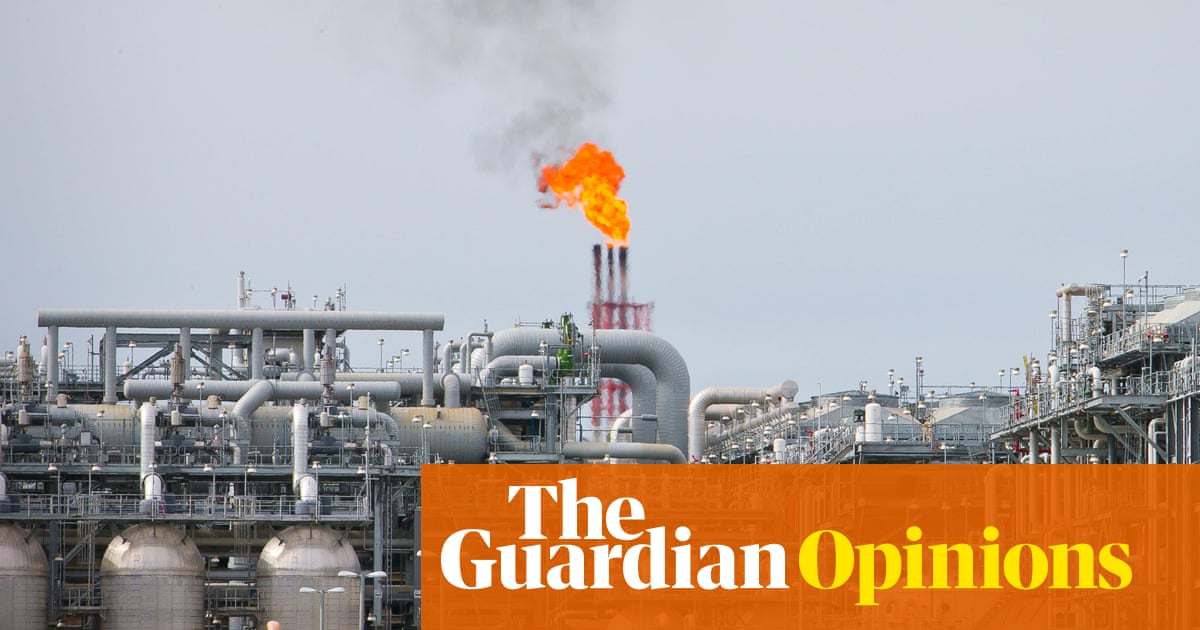The Australian Competition and Consumer Commission is yet againwarning of imminent gas shortfallsfor Australia’s east coast. In response, the federal government hasannounced another reviewinto whether we need to reform our gas market regulation.
Given the ACCC has been running a gas market inquiry since 2017 and has been saying pretty much the same thing every year since – essentially that gas producers treat Australian consumers like second class citizens – isn’t the answer blindingly obvious?
For the past few years, the gas market has been stuck in Groundhog Day. Each year the gas producers tell us that the only problem is slow government approvals for new developments. Interestingly governments have approved many new gas developments, for example Santos’ Narrabri gas field was approved in 2020 but is yet to proceed.
Yet each year we find ourselves in the predicament of imminent shortfalls. Then the government steps in to “negotiate” (or is it beg?) for the gas producers to pretty please provide some extra gas to domestic consumers at a price that won’t cripple them. In response the gas companies miraculously find some extra gas under the couch and dribble out a little bit more, but not too much that it might noticeably reduce prices.
Some gas producers appear to be engaged in a phenomenon so well known to economists they’ve invented a term for it: “strategic withholding”. This is where a producer knows that if they pull back a bit on production then they can force up prices enough that it will increase their overall long-term profits. So, the government can grant permission to exploit extra gas fields, but that doesn’t mean a producer will give us extra gas if it will reduce prices.
The Victorian government proposed that in order to assist manufacturers desperate for gas, it would free up gas supply for them byswitching households away from gas appliancesto electric-powered ones. This would not only assist manufacturers, it would also leave households financially better off.
Independentanalysis by the Institute of Energy Economics and Financial Analysisfound it would save households $6.3bn on their energy bills over 10 years, compared with an extra cost of new appliances of $3.5bn. Not to mention it would substantially reduce carbon emissions.
The counterattack from the oil and gas lobby was vociferous.
The gas pipeline lobby has been threatening that they’d be massively hiking pipeline charges to make up for the loss of revenue from households. There have been claims that the forthcoming gas shortage was somehow thefaultof the Victorian government for being“anti-gas”. This went to the extent of Santosaccusingthe Victorian government of being akin to that of North Korea. You just had to ignore the fact that gas pipeline flow data clearly shows gas suppliers have beenfunnelling large quantities of Victorian gas northwardfor years. Meanwhile the net gas coming south from Queensland’s gas exporters has been a tiny dribble. You also had to ignore the fact that under this “anti-gas” government, gas producers have been free to pursue new Victorian gas supply investments in recent times involvinghundreds of millions of dollars.
In the face of attacks, the Victorian government pulled back from a phase-out of gas heaters. This would have been the greatest financial and gas supply benefit to consumers of any single energy policy currently in contemplation by Australian governments. Victorian residential gas heating is responsible for about70 petajoules of gas consumption per annumwhich is 20% more gas than currentlyconsumed by all of Victoria’s manufacturing facilitiesand around two to four times the amount ofgas used in power generation in Victoria.
Another way of looking at it is that it would provide around the same amount of extra gas as former federal Liberal leader Peter Dutton had promised under his gas reservation policy. A policy which his colleagues had claimed would“flood” the market with gas.
Yes, a gas heater phase out would have overruled consumer choice. But how many households do you know that when confronted with a broken down heater in winter think through the gas market supply-demand balance over the next decade in deciding what to do? How many pull out a spreadsheet to evaluate the costs and benefits for them to switch over to electric compared to industrial manufacturers?
Those who claim we must leave consumers to choose are the same types of people that gullibly believed oil and gas companies would put the interests of Australian consumers first over making money from LNG export plants.
Tristan Edis is director of analysis and advisory at GreenEnergyMarkets
